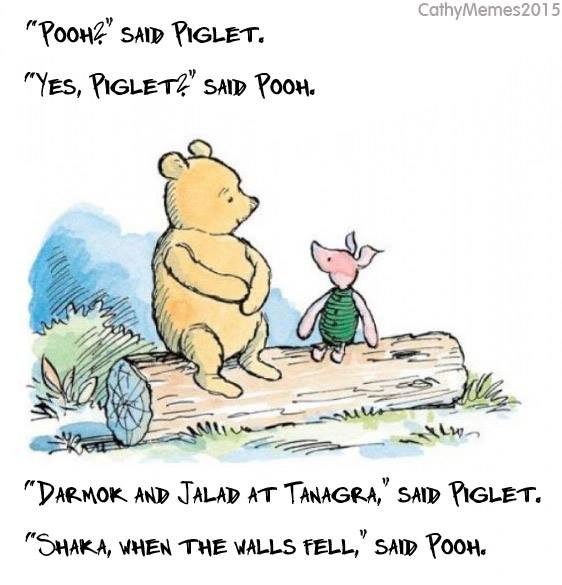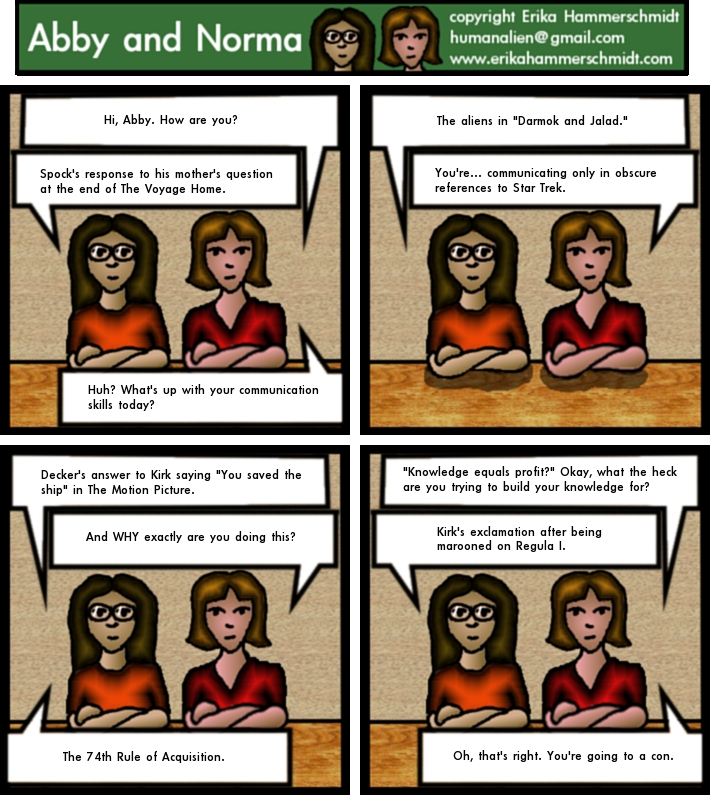It was an interesting campaign. People seem to always talk about the length of it, but my favourite article talked about how it allowed each of the issues to come out one at a time, and actually receive some due consideration.
Anyways, a few random thoughts:
It felt at the start of the campaign that it was Mulcair’s election to lose. It felt like for whatever reason he didn’t seem to connect well with the electorate, definitely not like Jack Layton had been able to. Interestingly, it felt (at least from the few speeches I heard) like Justin Trudeau was the spiritual successor to Jack’s legacy, at least in the triumph of hope and science over fear.
There were also comments about ‘strategic voting’…My definition of strategic voting is for the rational voter to look at the possible outcomes, rank order them by desirability, and choose one of the choices they have within their power to push things along that track as far as possible. In Canada, this generally currently seems to mean voting for the person most likely to defeat the Conservative candidate in their riding. In Alberta, that’s probably a Liberal candidate, downtown*, much more likely an NDP candidate.
But for many people, the definition** of ‘strategic voting’ seems to be different, meaning ‘vote for the Liberals so the Conservatives don’t win, no matter how much you like the Liberals’. There were many ‘safe’ downtown non-Conservative seats, where people were ‘free to vote their conscience’, but it seems that those ridings went solidly Liberal as people took ‘strategic voting’ to mean ‘vote for the Liberals’. Or perhaps they were all voting for the Liberals. We may never know.
*I originally put ‘Quebec’ here, but that was before I saw this: https://en.wikipedia.org/wiki/File:Canada_2015_Federal_Election.svg, which shows the Liberal party with a plurality of votes and majority of seats in Quebec in 2015.
**There is a secondary, more subtle option here, which only takes place when there’s a minority. After the 2008 election, the Conservatives were able to control parliament with only 124 out of 308 seats. Had the Liberals or NDP had all of the 132 seats between them, there would not have been the constitutional crisis of 2008-9: https://en.wikipedia.org/wiki/2008%E2%80%9309_Canadian_parliamentary_dispute Recently, it seems that the party with the most seats governs, and there do not seem to be stable coalitions between the 2nd and 3rd parties. This may have been a result of the Bloc Quebecois.
Interestingly, coalition governments seem to be much less common than one might think… This article suggests it may be because the leader of the party is no longer elected by backbenchers:
https://en.wikipedia.org/wiki/Coalition_government#Canada


